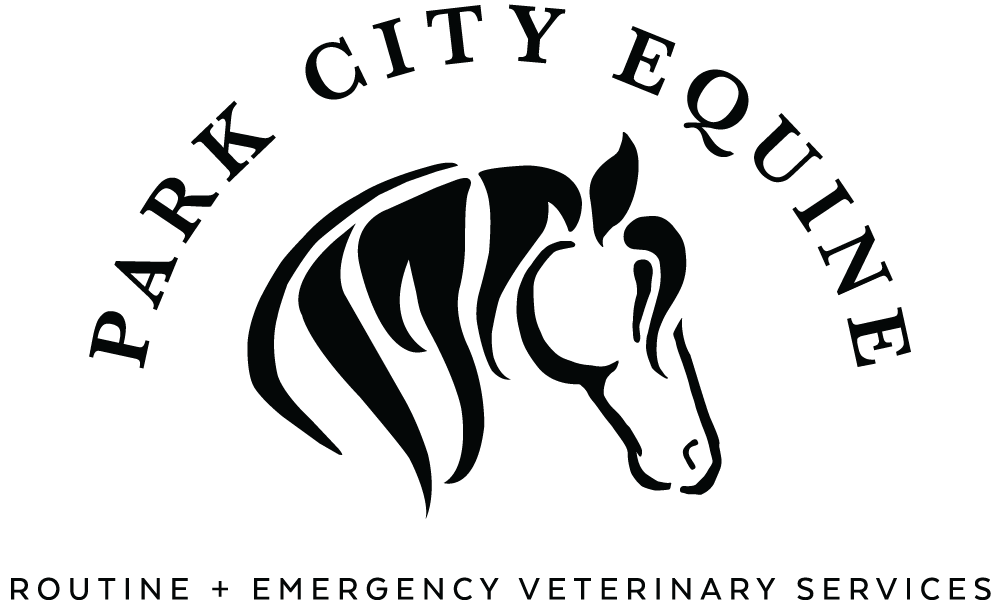Horse Health
Looking after a horse is a complicated and, at times, trying experience. Part of a well horse health program includes routine vaccination and deworming. In addition to caring for the inside, however, two simple ways to maintain horse health are regular grooming and equine massage.
Vaccinations
Vaccinations for influenza and tetanus should be given to all horses. These should be followed up with annual boosters. A horse that is a frequent traveler to shows and competitions, for instance, should also be vaccinated against additional diseases, such as strangles. If in doubt, take precautionary measures and discuss the risks with your local vet.
Worms
Deworming is another vital aspect of your well horse health program. Without regular treatment all horses become hosts to worms that can cause lasting internal damage.There are many different types of worms that can infect your horse. Some worms are more prevalent in certain regions, and weather or seasonal conditions. In order to ensure that all worms are completely eradicated, it is essential to administer a broad spectrum dewormer according to the label directions. The active ingredient Ivermectin is an excellent broad-spectrum product that has proven safety and efficacy. According to the manufacturer, there is no evidence of 'resistance' associated with the use of Ivermectin. If you are concerned about resistance and choose to rotate dewormers, make sure you rotate between active ingredients-not brands. Active ingredients are the drugs or chemicals that actually kill the worms. If you are unsure about developing your own program ask your vet to recommend a deworming protocol.
General Deworming Rules of Thumb
As a matter of routine, all new arrivals on a yard should be dewormed and isolated for 24 hours. Similarly, all horses should be stabled for 24 hours following deworming to prevent contamination of pastureland.
Grooming & Equine Massage for Better Horse Health
Never underestimate the power of grooming! A stabled horse should be groomed daily. Field-kept horses also need regular grooming. In the case of the latter, particular care should be taken not to remove the essential oils from the animal's coat, as the horse that lives outdoors during the winter months requires extra warmth and protection. Grooming has several functions. Effective grooming not only maintains cleanliness and condition, but as a form of equine massage, also plays an important role in promoting circulation and preventing disease.

